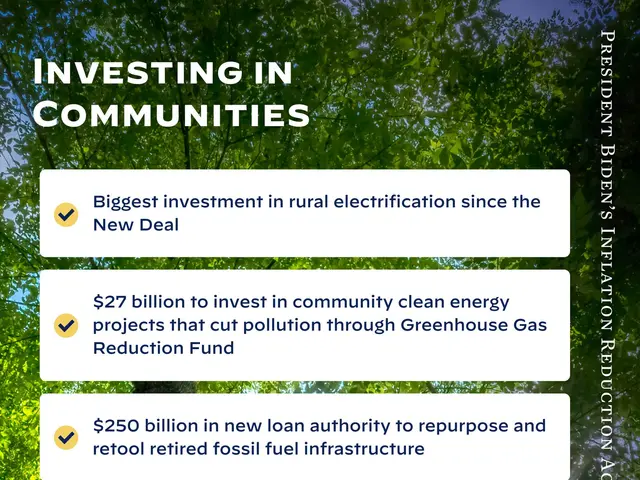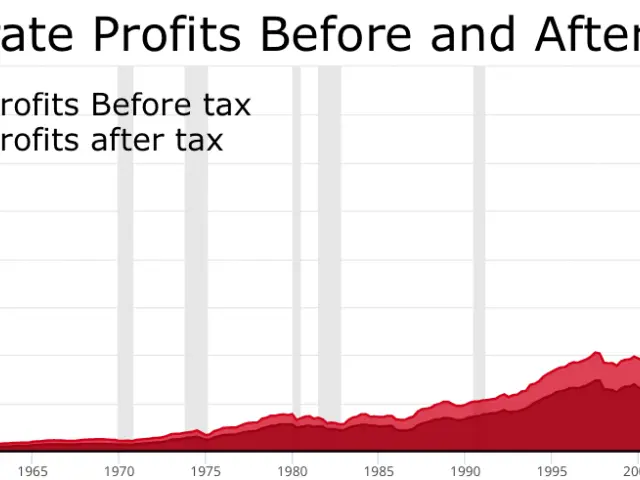DeepSeek's Artificial Intelligence (AI) Advancements Cause Dip in Key Players, Potential Actions to Consider
Tech behemoths worldwide felt a tremor on January 27 when Chinese AI startup DeepSeek unveiled an impressive, budget-friendly artificial intelligence (AI) model. This revelation stirred up apprehensions about the magnitude of investments in expensive hardware and data centers, as DeepSeek's free AI assistant, known as V3, quickly outranked rival OpenAI's ChatGPT on the U.S. Apple App Store.
DeepSeek boasted that its innovative, open-source large language model took a mere two months to train and cost less than $6 million. Moreover, the company claimed that its latest offering, the R1, could match OpenAI's o1 reasoning model's performance on specific benchmarks, and it was 20 to 50 times cheaper to use than the o1.
Naturally, this cost-effective model dealt a substantial blow to tech giants that have invested billions in AI infrastructure. Consequently, shares of major investors in AI infrastructure slumped, with market leader Nvidia experiencing a 17% drop. Nvidia leverages a 85%-dominated AI chip market, with Their high-end data center GPUs reportedly priced between $30,000 to $40,000 per unit. Tech titans like Microsoft and Meta Platforms have doled out a reported $9 billion in 2023 to acquire a staggering 800,000 AI chips from Nvidia, with spending likely to surge in 2024.
DeepSeek only needed 2,048 of Nvidia's performance-capped H800 GPUs to train its model, while OpenAI utilized over 10,000 flagship H100 chips for its GPT-4 and GPT-4o models. If this is true, it means that AI models can now be competitively trained at a fraction of the cost, potentially putting the entire tech industry's massive investment plans into question.
Major players in the AI chip market felt the brunt of the competition as well. Broadcom, a key supplier of custom AI processors to Microsoft, Alphabet, Meta, and OpenAI, suffered a 17% plunge. Taiwan Semiconductor Manufacturing Company (TSMC), which produces chips for fabless chipmakers like Nvidia and Broadcom, witnessed a more than 13% fall.
The uncertainty surrounding DeepSeek's claims and potential impact on the industry has led some analysts to dismiss the fears of a slowdown in AI infrastructure spending as exaggerated. They believe that the increased efficiency of AI models could lead to additional compute capacity being redirected toward other AI projects, thereby sustaining demand for chips from Nvidia, Broadcom, and TSMC.
At the same time, a few skeptics have raised the possibility that DeepSeek could be understating the actual resources involved in training its models, potentially challenging the company's claims. With the mounting questions and contrasting views, investors would be wise to avoid a hasty response and conduct further analysis before making their moves in this dynamic and evolving AI market.
Investors should carefully analyze the resources used by DeepSeek to train its AI model, as understating these could potentially challenge the company's claims of cost-effectiveness. With the budget-friendly AI model from DeepSeek causing a stir in the tech industry, companies may need to reconsider their significant investments in expensive hardware and finance.








